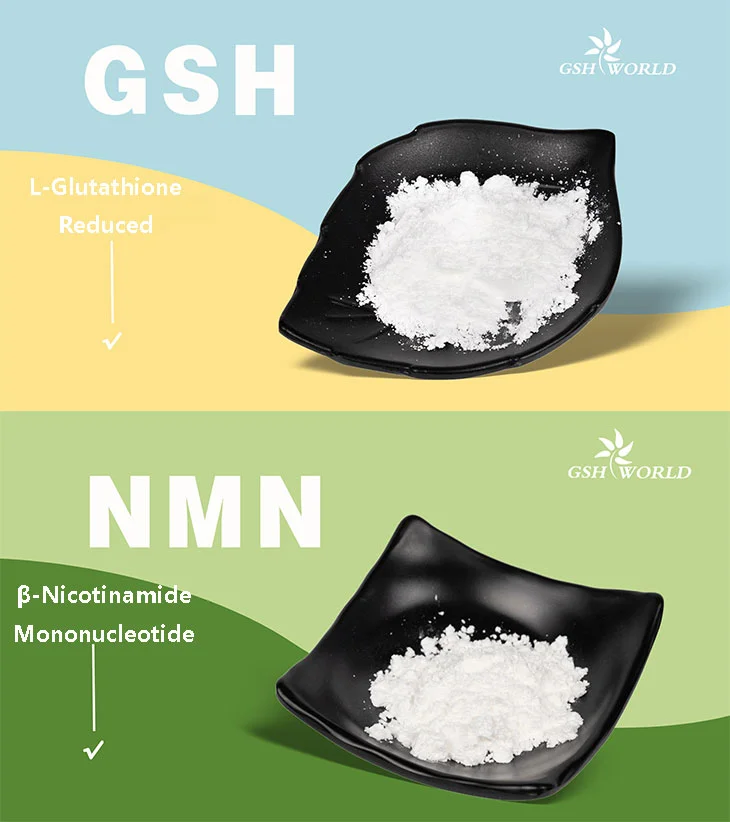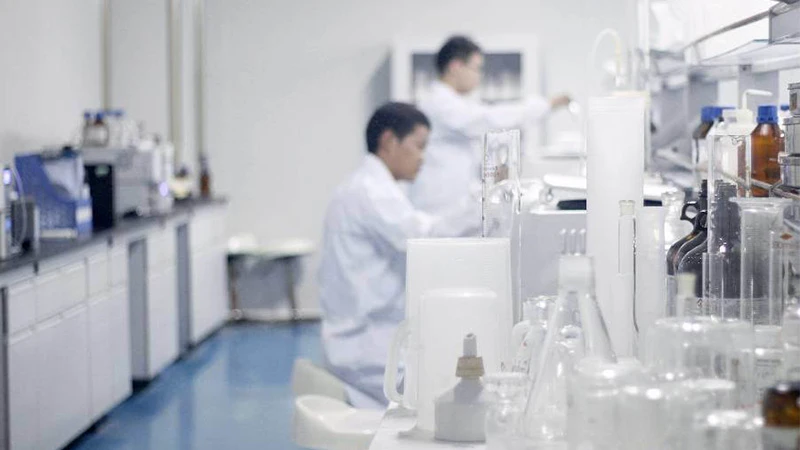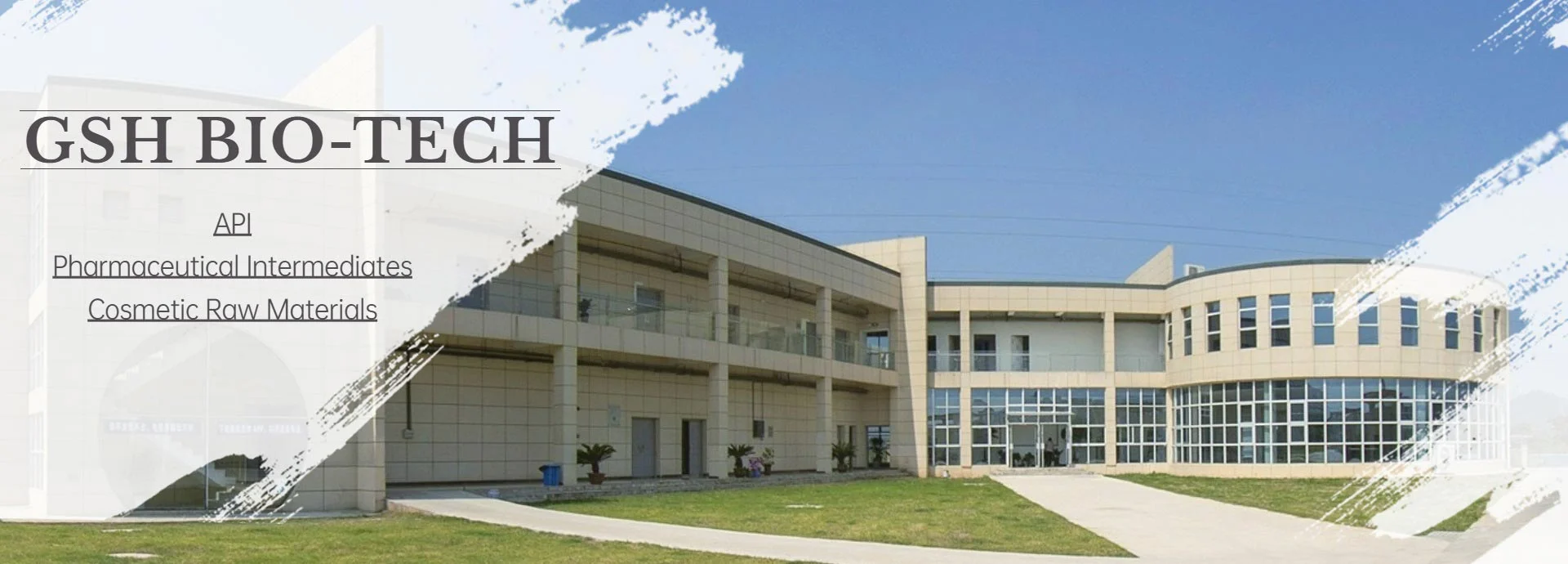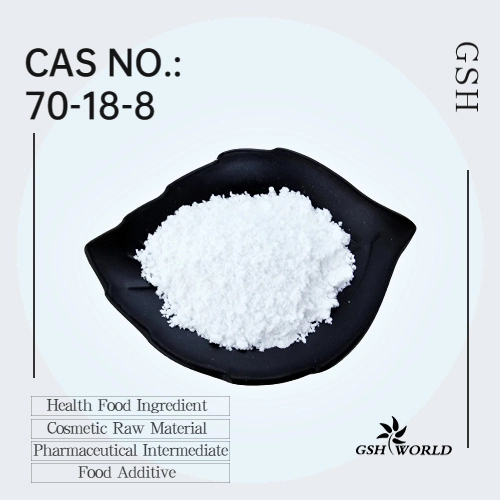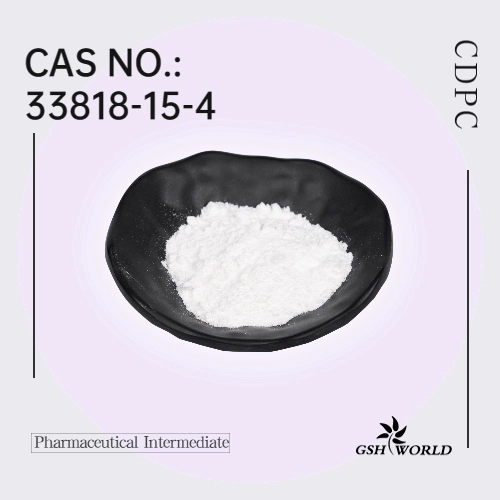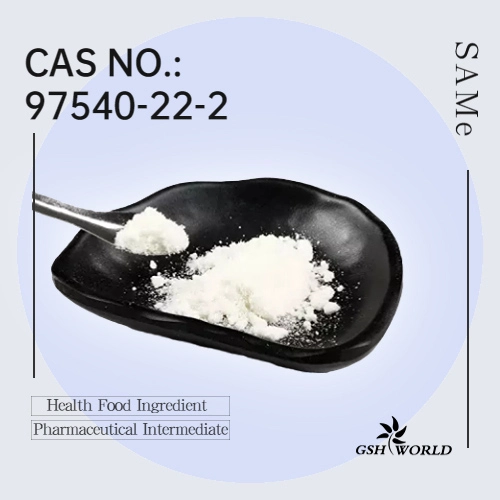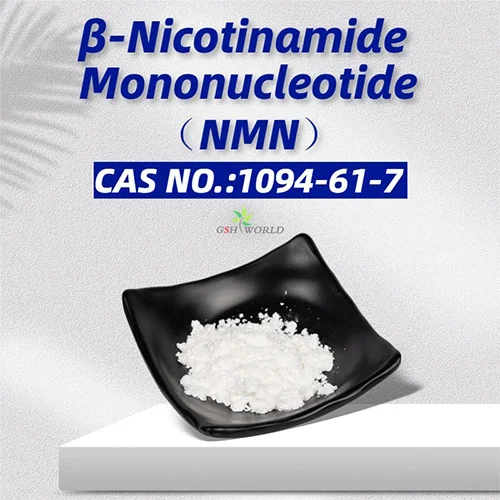The protective effect of NMN on the heart
As early as 2014, an article reported the protective effect of NMN on the heart. Exogenous NMN synthesizes NAD+ through nicotinamide phosphoribosyltransferase (Nampt), increases NAD+ levels and activates Sirt1 protein function to protect the heart.
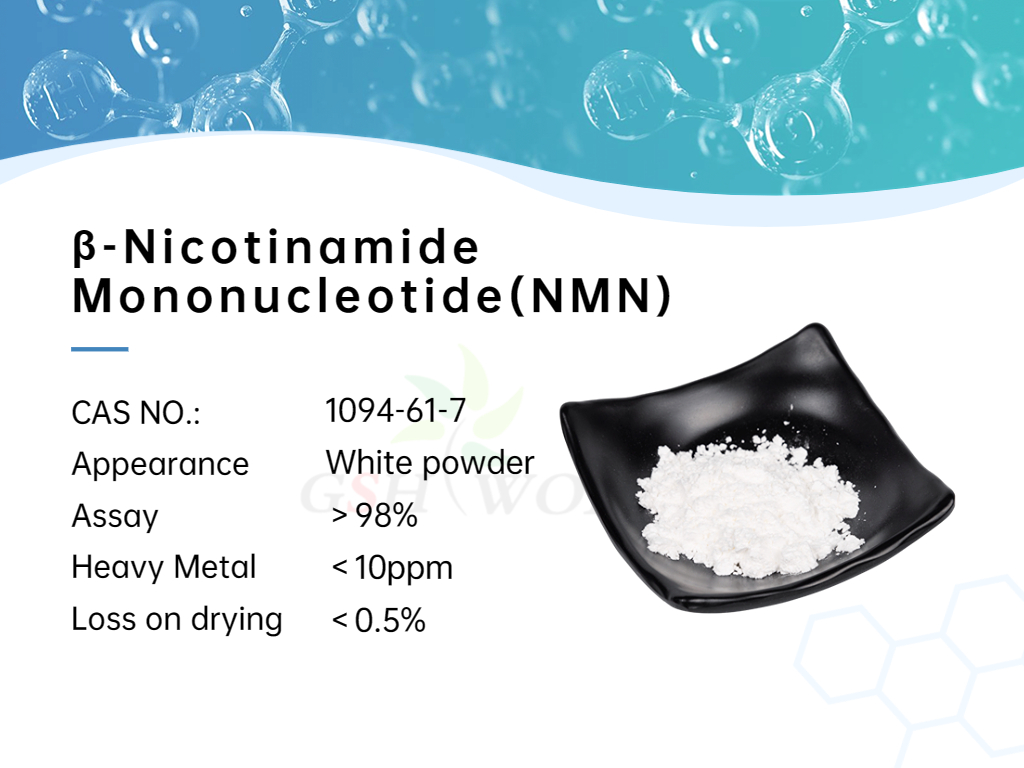
Sirt1 protein is expressed in adipose tissue, heart, kidney, liver, retina, skeletal muscle, blood vessels, and uterus, and has the potential to reduce cell aging, oxidative stress, inflammation, neurodegenerative diseases, cardiovascular diseases, obesity, and insulin resistance. effect. P53, FOXO3, Nrf2, NF-κB, PARP-1, Ku70, Notch, etc. are the substrates of Sirt1.
In a 2020 paper, the researchers found that treating aged mice with SS-31 or NMN led to improvements in different aspects of heart function.
Aged mice treated with SS-31 showed significant recovery of diastolic function, the period of a heartbeat when the chambers of the heart fill with blood. NMN treatment significantly improved the contractile function of the heart that pumps blood throughout the body.
Most importantly, combined treatment with SS-31 and NMN improved cardiac diastolic and systolic function.
Mitochondrial targeting peptide SS-31, can promote cellular power through mitochondrial oxidative stress - the health of mitochondria.
NMN increases the molecular levels of nicotinamide adenine dinucleotide (NAD+), which plays a vital role in cellular energy production and health. NMN improves cellular energy by increasing cellular NAD+ levels and activating Sirt1 protein to improve mitochondrial function. NMN treatment improves signs of aging and age-related diseases in mice.
The researchers found that treating old mice with SS-31 or NMN led to improvements in different aspects of heart function.
SS-31 improved the heartbeat cycle (i.e., diastolic function) in which the heart cavity was filled with blood. After treatment of aged mice with SS-31, the diastolic function expressed by the ratio of Ea/Aa was better than that of young mice compared with the eighth day and the beginning. improved.
NMN improved the heart's cardiac cycle (i.e., systolic function) in pumping blood throughout the body, and treating old mice with NMN improved their systolic function (expressed as percent shortening) under high-load conditions.
The researchers treated aged animals with SS-31 and NMN alone or in combination and measured the ratio of the metabolites phosphocreatine (PCr) and adenosine triphosphate (ATP) in the heart during the induced increase in heart rate in aged mice.
The researchers found that the drugs, either alone or in combination, improved age-related changes in the ratio of the metabolite PCr to ATP. The changes in the PCr to ATP ratio were reversed with either treatment alone or in combination, suggesting a restoration of the older heart's ability to handle higher loads and heart rates.
*Special note - This article is for informational purposes only and cannot replace a doctor's treatment diagnosis and advice. It should not be regarded as a recommendation or proof of efficacy of the medical products involved. If it involves disease diagnosis, treatment, and rehabilitation, please be sure to go to a professional medical institution to seek professional advice.
Previous: How Citicoline Sodium Works
Next: The Power of Glutathione
by GSHWORLD
GSH Bio Tech is China Biological API Manufacturer. China NMN Supplements powder suppliers & best NMN benefits raw material Factory.


